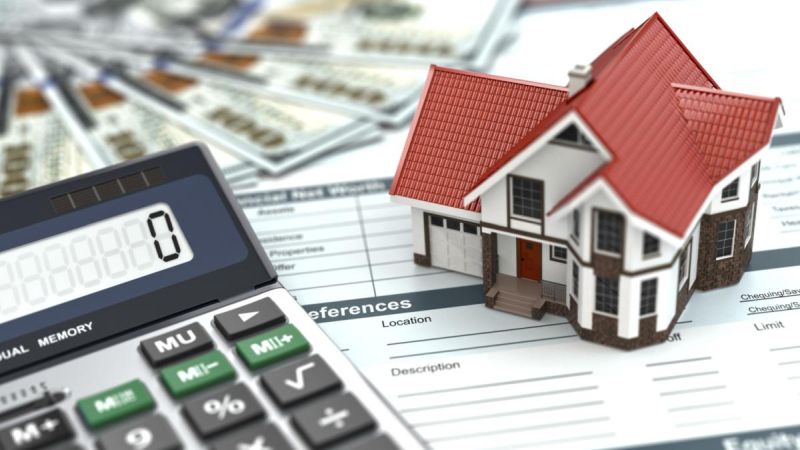
Buying a home is one of the most significant investments you’ll make in your lifetime, and it’s important to understand all of the costs involved. While many of the costs associated with buying a home in Sri Lanka are well-known, there are also some hidden costs that buyers should be aware of. In this article, we’ll explore some of the hidden costs to watch out for when buying a home in Sri Lanka.

1. Stamp Duty and Registration Fees
When buying a property in Sri Lanka, buyers are required to pay stamp duty and registration fees. These fees can be significant, and buyers should budget accordingly. The stamp duty is typically calculated as a percentage of the purchase price, while registration fees are typically a flat fee.
2. Legal Fees
Buyers will need to engage the services of a lawyer to handle the legal aspects of the transaction, including the transfer of ownership and registration of the property. Legal fees can vary depending on the complexity of the transaction and the lawyer’s experience.
3. Valuation Fees
Most lenders will require a valuation of the property before approving a mortgage loan. Valuation fees can vary depending on the size and complexity of the property and the valuer’s experience.
4. Home Inspection Fees
While not mandatory, it’s a good idea to have a home inspection conducted before purchasing a property. Home inspection fees can vary depending on the size and complexity of the property and the inspector’s experience.
5. Insurance Premiums
Homeowners insurance is not mandatory in Sri Lanka, but it’s highly recommended. Insurance premiums can vary depending on the value of the property and the coverage selected.
6. Maintenance and Repairs
Finally, buyers should be aware of the ongoing costs of maintaining and repairing the property. It’s important to budget for regular maintenance tasks such as cleaning, painting, and landscaping, as well as unexpected repairs that may arise.
In conclusion, buying a home in Sri Lanka involves more than just the purchase price. Buyers should be aware of the hidden costs associated with stamp duty, registration fees, legal fees, valuation fees, home inspection fees, insurance premiums, and ongoing maintenance and repairs. By budgeting for these costs, buyers can ensure that they’re fully prepared for the financial responsibilities of homeownership.
